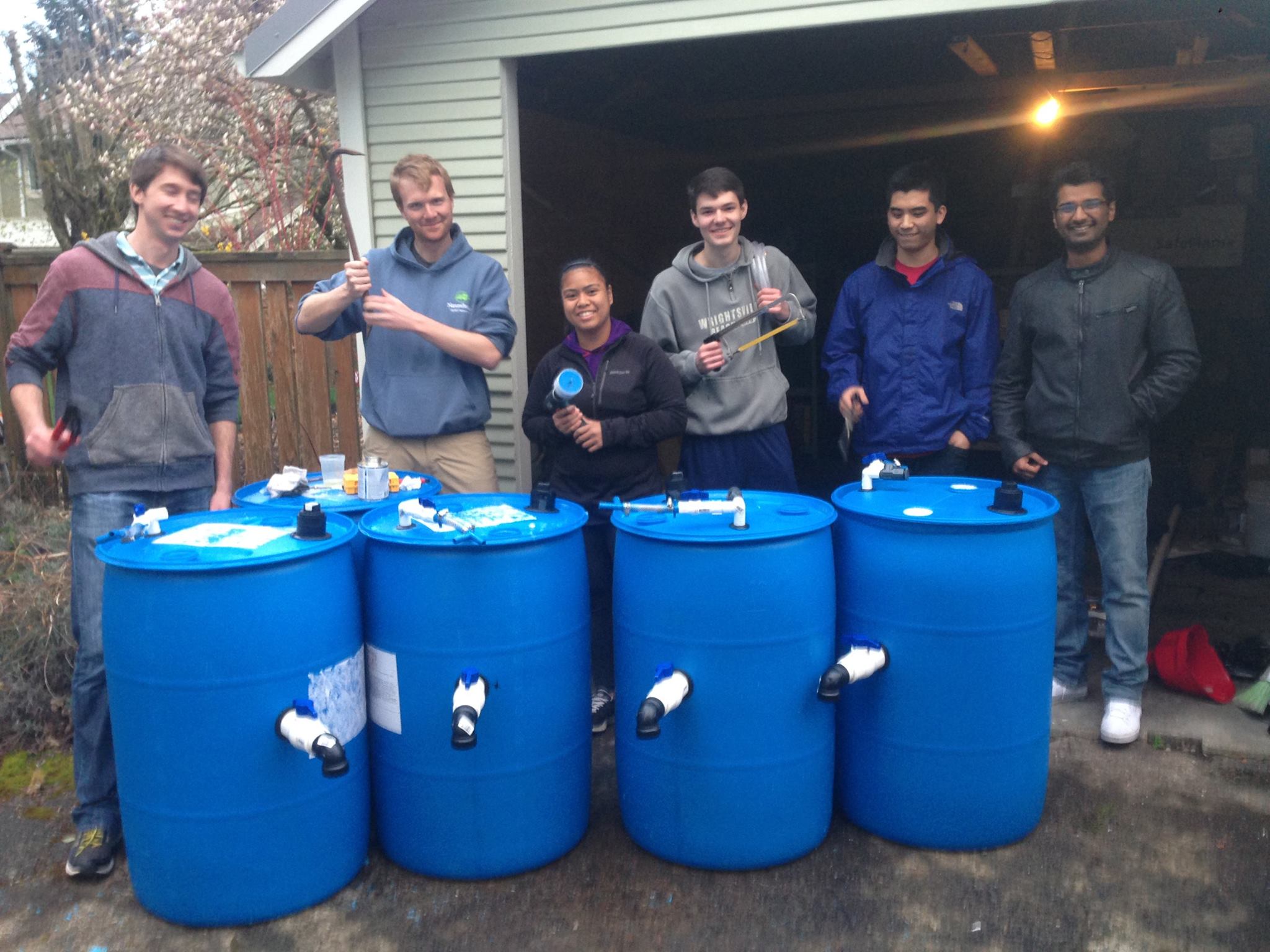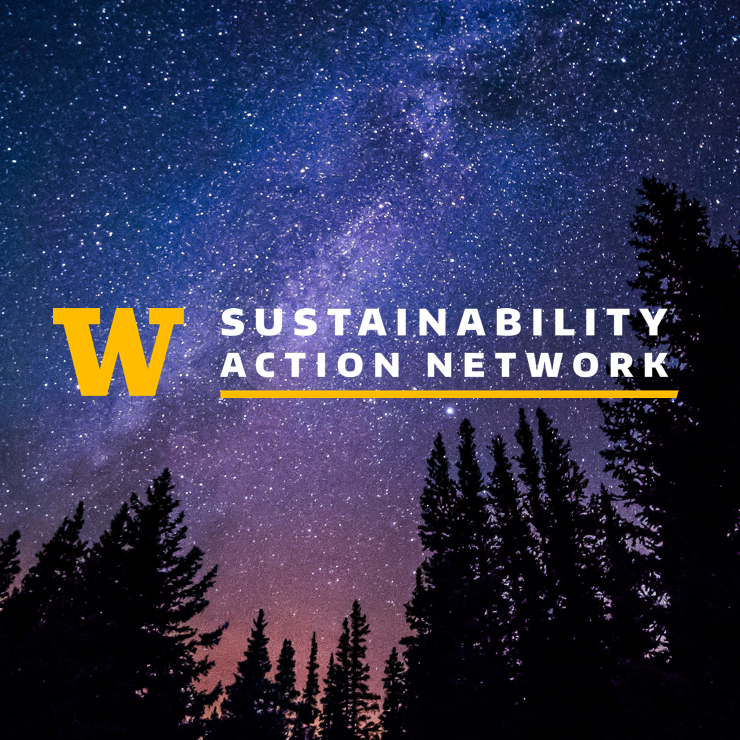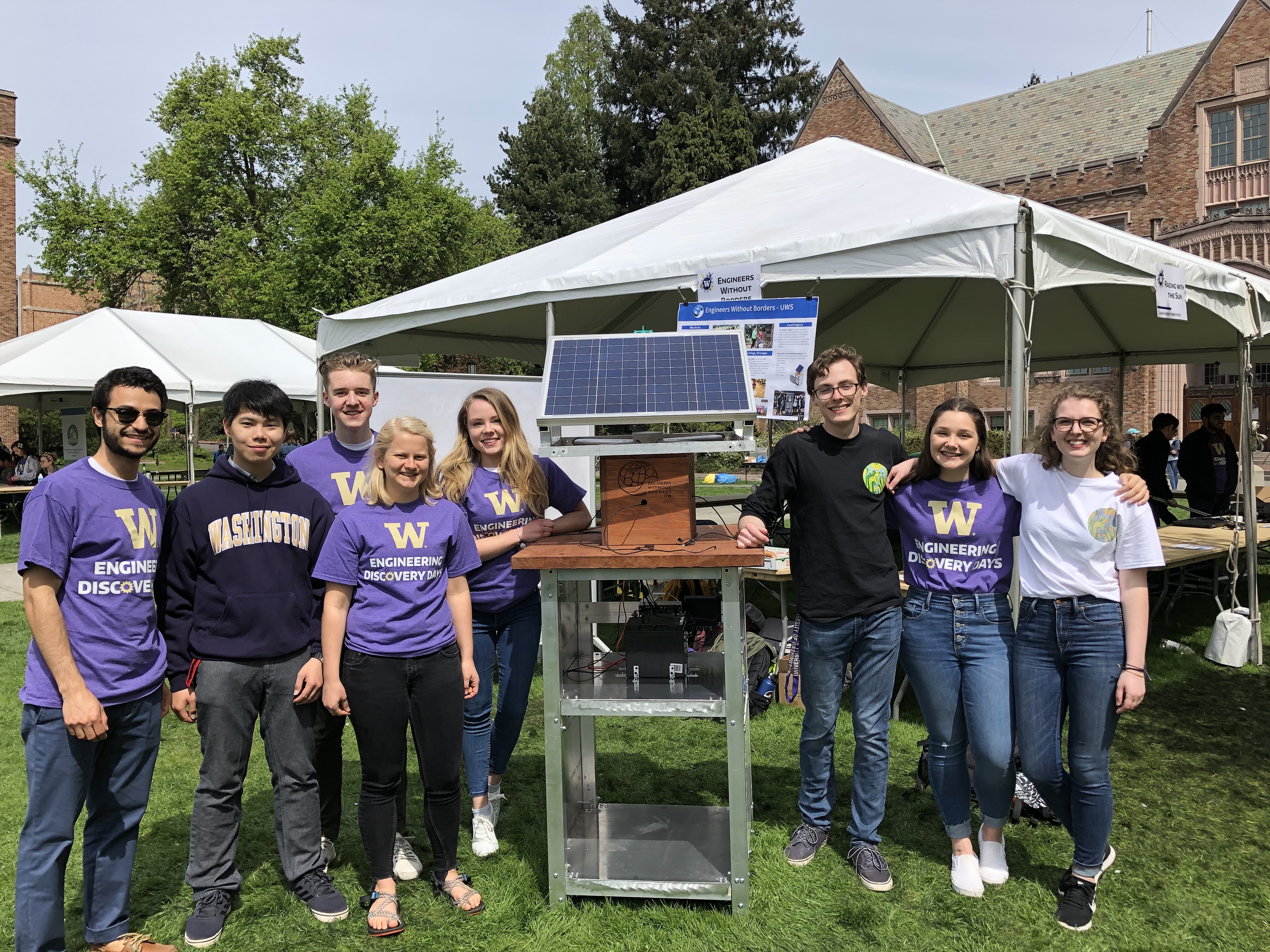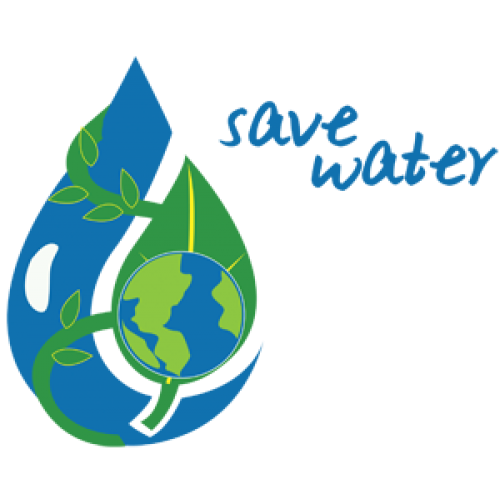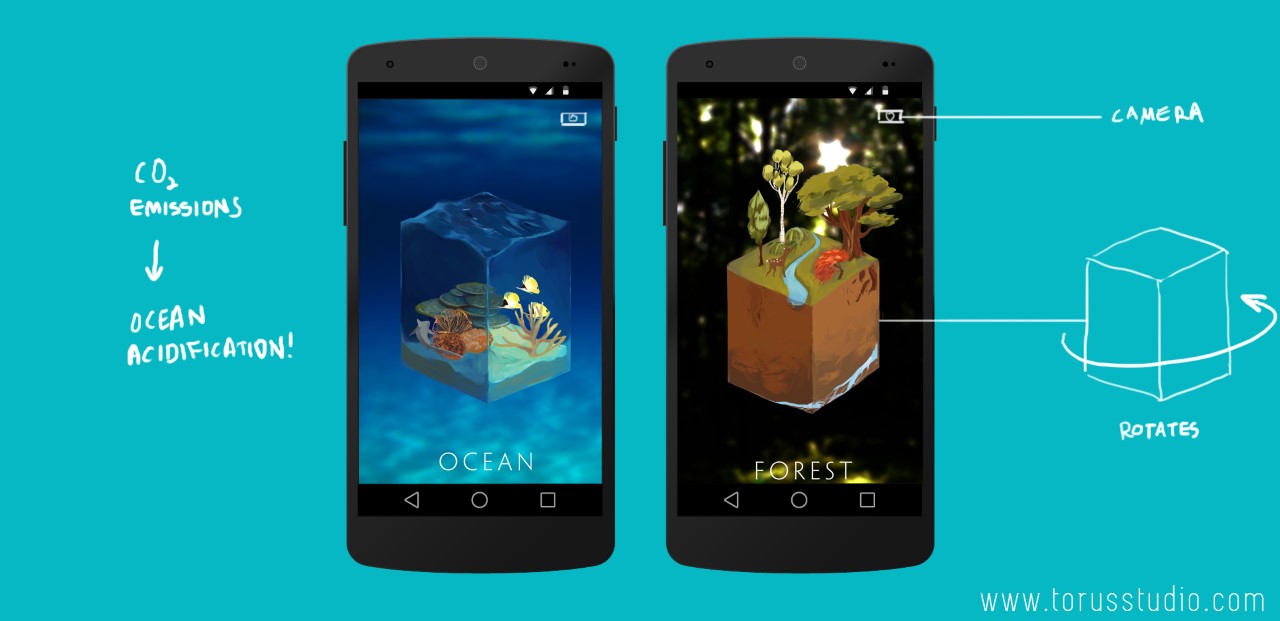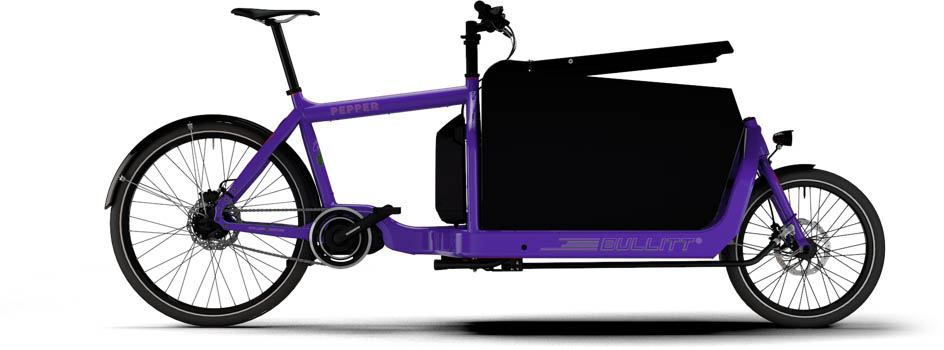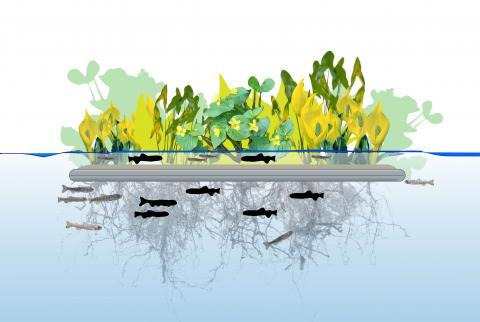Apiary for the UW Farm
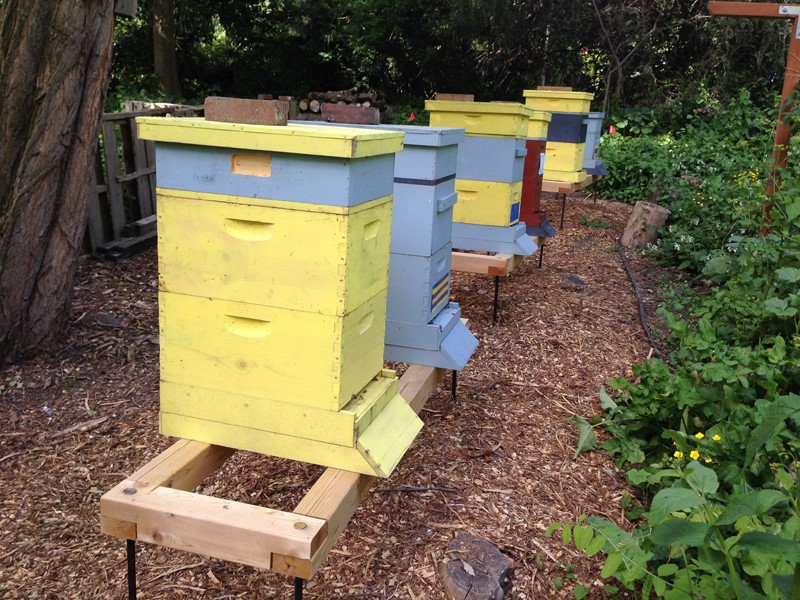
The teaching apiary at the UW Farm contains 10-12 hives of honey bees and is used by students to learn basic beekeeping skills and also to perform experiments in bee biology. The bee course has been taught Summer A+B terms since 2011. Support for the program derives from student fees, covering course-specific activities, and an account funded by donations and fund raising, which covers maintenance of the hives and equipment acquisition. Researchers from departments as varied as Chemistry and Psychology have used the hives as education and research subjects in past years.
